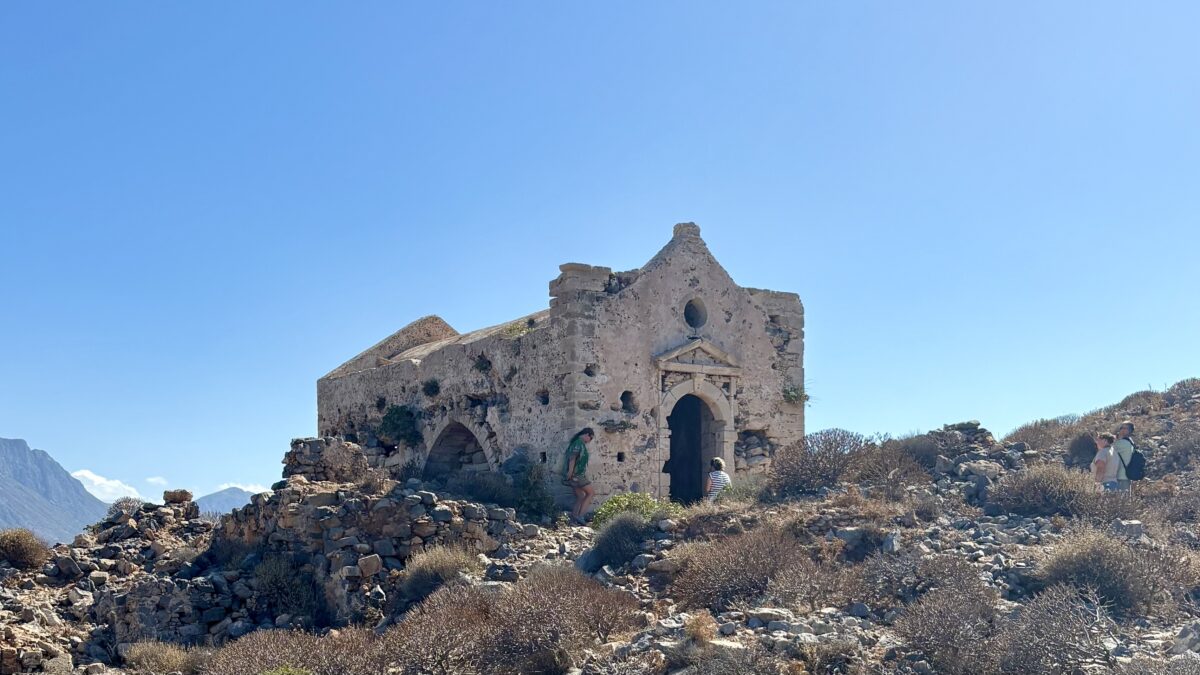When one is hurt, the whole body is hurt
When one person is hurt, the whole body is hurt. Harm is never individual or private. In a family, a school, or a church, when trust is broken, the pain reaches beyond the person who was harmed. It ripples out through relationships, through emotions, through silence, through the shared life of the community.
A child ignored in pain changes the atmosphere of a home.
A student shamed or dismissed alters the mood of a classroom.
And when harm happens within the Church, the whole body of Christ is wounded.
What is damaged is not only faith in people, but faith in the values that hold us together, safety, love, and truth, to name a few. The trauma scholar Judith Herman (Trauma and Recovery, 2015) says that trauma isolates, and recovery depends on connection. She writes that the core experience of trauma is disconnection from others, and that healing must begin with empowerment and new relationships.
Too often, our society responds to pain by privatising it (Precarious life, Butler 2004), expecting people to carry their wounds alone. However, recovery, especially moral recovery, can only happen in relationship. We heal together, or not at all. This connects Herman’s psychological insight with a wider ethical and theological truth: disconnection is never only personal, it is cultural and moral. Healing, therefore, must also be communal.
Reconnection is not about returning to how things were. It means facing what has been broken, speaking truth, and allowing that truth to change us personally and collectively. When survivors speak, the whole body speaks. Their voices help the community find its moral centre again. Listening – really listening – becomes a form of repentance and repair.
Reconnection is the heart of moral recovery. It is how families, schools, and communities – all the bodies we belong to – begin again. And for me, as a person of faith, it is how the body of Christ learns to heal, to hold truth, and to live more faithfully in love.
Healing is never complete; growth continues as long as we keep listening, learning, and choosing to change together. As the theologian Stanley Hauerwas reminds us (Suffering Presence, 1986), the Church’s task is not to explain suffering but to be a community where suffering can be shared. When pain is carried together, it becomes not only bearable but also transformative- a place where truth and love can take root again.


